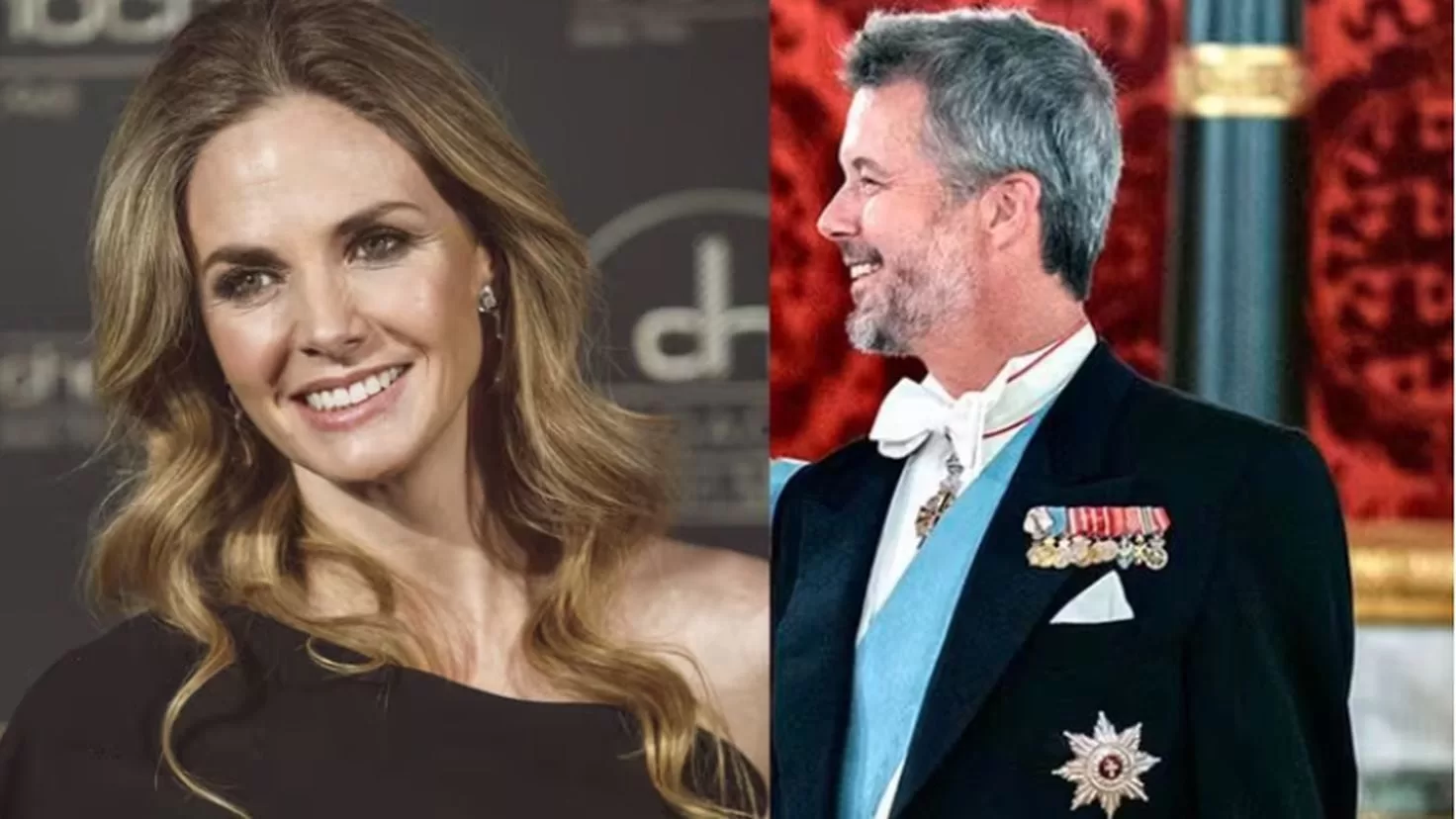ANDn statements to the Lusa agency, the artistic director of Operafest, soprano Catarina Molder, stressed that the festival, in the gardens of the National Museum of Ancient Art (MNAA), continues to attract new audiences to the opera and that this is “a showcase of new Portuguese talents.
In this edition, people will be able to buy “opera raffles”, qualifying for 110 minutes of opera at home or at work.
To the chosen motto, ‘Between Heaven and Hell’, “between the deepest pleasures and fears, there is a transversal question, of the feminine condition, of atonement and of feminine guilt, which is as if expiating the evils of the world, and also the struggle for women’s emancipation and women’s rights,” said Molder.
“This year, instead of a great classic, we have three great classics, we start with ‘Carmen’, by Bizet, and a great classic for the public of the future, ‘The Magic Flute’, by Mozart, in the Portuguese version of Alexandre Delgado — here we gather the strength of a great classic to reach new audiences for opera”, said the artistic director of the event, adding that the third is ‘Suor Angélica’, by Puccini.
Then, on August 26, ‘Rigor Mortis’, by Francisco Lima da Silva, is premiered, an adaptation of the short story ‘Casa Mortuária’, by Domingos Monteiro, starring Catarina Molder. The show returns to the scene the next day.
‘The Magic Flute’, by Mozart, under the musical direction of maestro Tiago Oliveira, takes the stage on the 2nd, 3rd and 5th of September, always at 21:00.
Molder also highlighted the premiere in Portugal of a mezzo-soprano “on the rise, a very interesting artist”, the German Kristina Stanek, in ‘Carmen’, which will be on display on August 18, 19, 21, 23 and 25 .
This production, under the musical direction of Portuguese-Polish maestro Jan Wierzba, marks the debut as opera director of actor and director Tónan Quito.
One of the novelties this year is the ‘Cine-Ópera’ cycle, which is presented at the Cinemateca Portuguesa, also in Lisbon, and which emphasizes “the contagions and vocations between cinema and opera”.
“I usually say that after opera came cinema”, said Catarina Molder, who pointed to composer Richard Wagner as the creator of the soundtrack concept.
This cycle interacts with the opera program, showing films such as ‘The Magic Flute’ (1975), by Ingmar Bergman, and ‘Os Canibais’ (1988), by Manoel de Oliveira, which “created a new paradigm, it was the first time a great director has created an opera that can only be dressed up on film”.
In the centenary year of the birth of soprano Maria Callas (1923-1977), the documentary ‘Maria by Callas’ (2017), by Tom Volf, is also shown.
Soprano Maria Callas, who “made lyrical singing more universal than opera, which still wins audiences for opera”, is the subject of a conference by musicologist Rui Vieira Nery, on September 7th.
This cycle is part of the ‘Máquina Lírica’ project, singing classes for amateurs, which take place on the 26th and 27th of August at the Sociedade de Instrução Guilherme Cossoul.
As part of the cycle ‘Satellite Opera’, the performance “Forças Ocultas”, by Gustavo Sumpta, will be presented on September 1st at the Teatro Romano.
Also in this cycle, Inês Thomas Almeida teaches a ‘free course’, entitled ‘Discovering the Opera’, on the 4th and 6th of September.
The “21st opera marathon” with the title ‘Great Singers for the Opera of Today’ takes place at the Centro Cultural de Belém, on the 6th of September.
The Opera Fest ends on September 9th, at 10:00 pm, as traditionally, with an “operatic ‘rave'” in the MNAA garden.
Also Read: ‘Safe Place’ by Croatian Juraj Lerotic won the IndieLisboa Grand Prix




